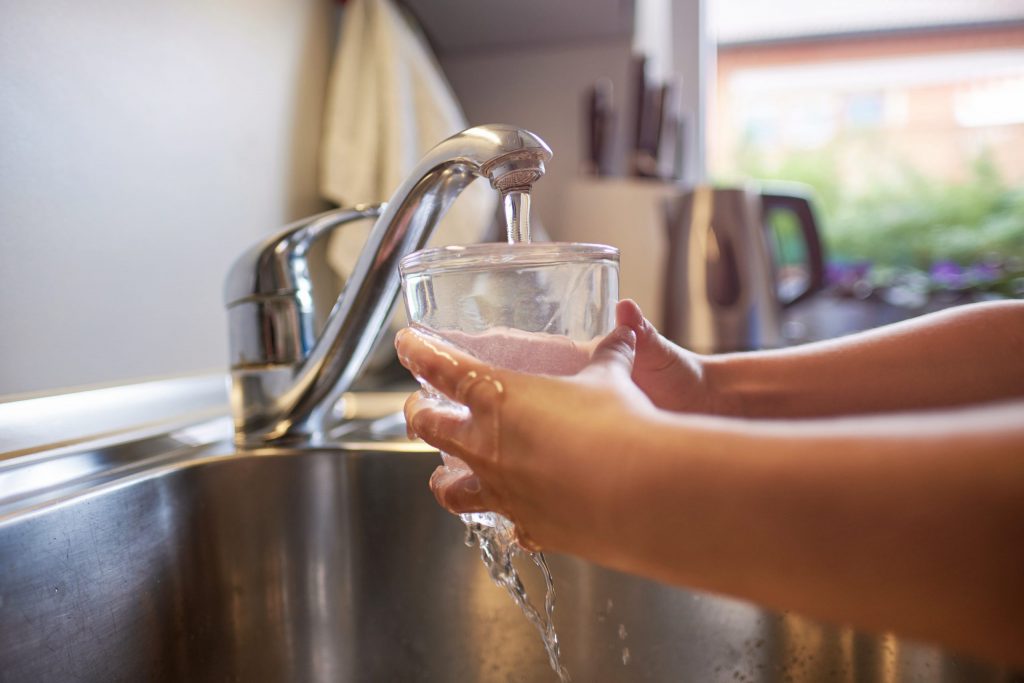This year, Wisconsin was on the verge of taking important steps to tackle the most widespread water pollution issue in the state. Harmful chemicals called nitrates coming from agricultural activities have been contaminating the drinking water of tens of thousands of rural Wisconsin families for years, causing increased risk of certain cancers, thyroid disease, and adverse birth outcomes like nervous system defects, premature birth and very low birth weight.
But today, the Department of Natural Resources was forced to abandon its pursuit of new, commonsense rules to protect families because our own legislature stands in the way. Instead of working to ensure Wisconsinites have safe water, the Legislature created a system of barriers to developing public health protections, undermining the DNR and preventing the agency from reducing water pollution.
For decades, the DNR used a clear, scientific process to set water quality standards and develop guidelines to help manufacturers and farmers protect their communities from water pollution. Now, the Legislature has developed an entirely new rule-making process driven by special-interests, one that imposes arbitrary deadlines and elevates the costs of preventing pollution over the benefits of protecting families. The process became law in 2017, and we are now beginning to see just how damaging it has become for Wisconsin.
Every day the Legislature stands in the way of the DNR is another day Wisconsinites with contaminated drinking water bear the financial and health burdens of this pollution. But this is not an impossible problem. We can reduce nitrate pollution in our drinking water in ways that strengthen our agricultural industry and prepare farms for the future. The protections put forward by the DNR were a sensible, science-based attempt to guide that transition. Realizing a future with clean drinking water and a resilient, sustainable agricultural community will require changes to how we farm, and Clean Wisconsin is ready to work with and support the agricultural community throughout this process.
While we are extremely disheartened to see this effort undercut from the outset by the Legislature and some groups in the agriculture industry, we know many farmers and some farm organizations in Wisconsin are striving to play a positive role in reducing drinking water pollution. We are committed to continuing to work with the Department of Natural Resources, the Evers Administration, state and local lawmakers, and the agricultural community to deliver on the promise of clean drinking water for every Wisconsin family.

